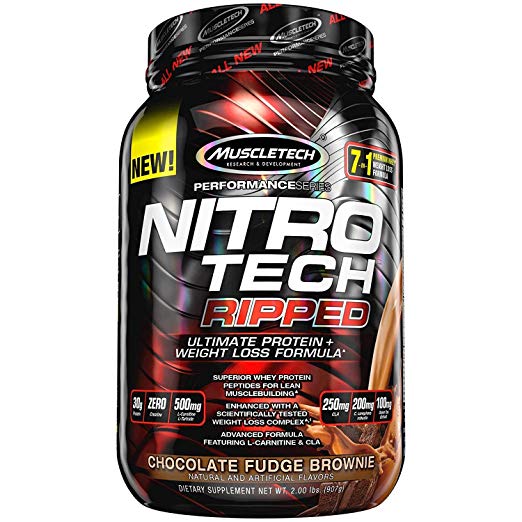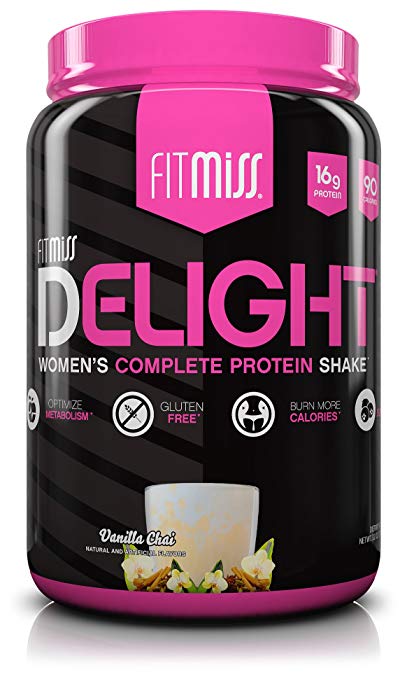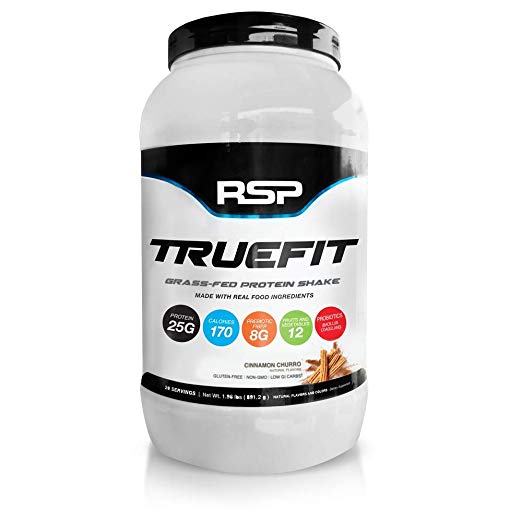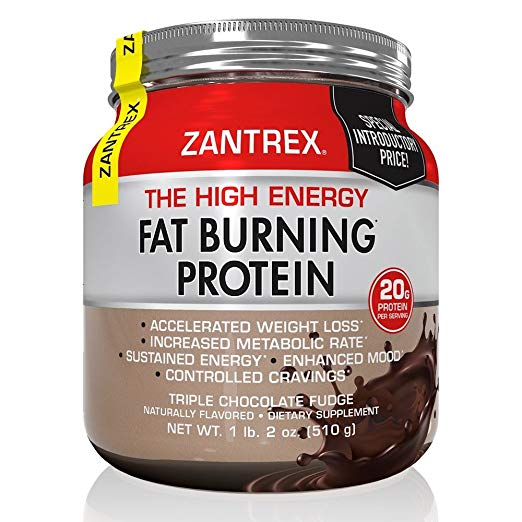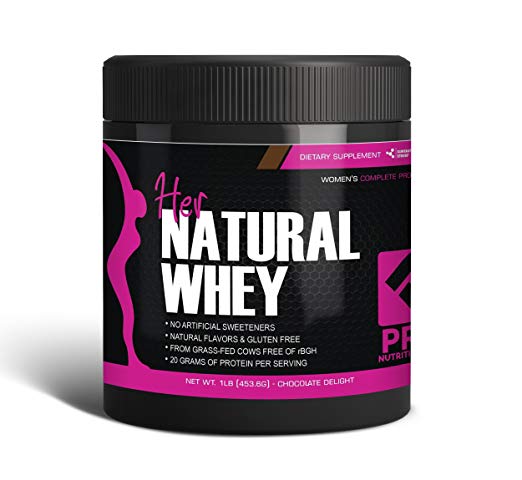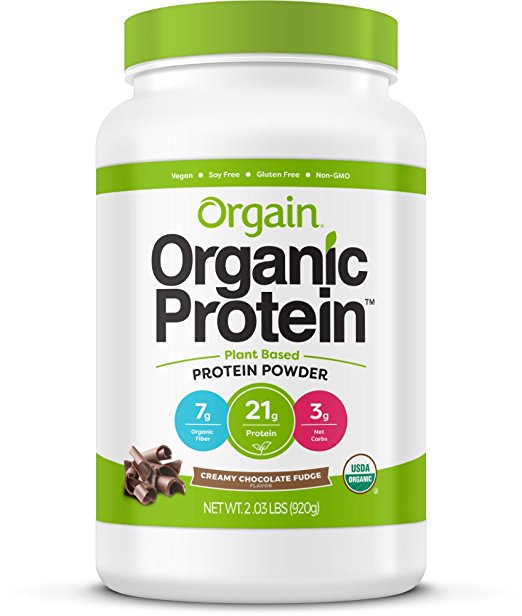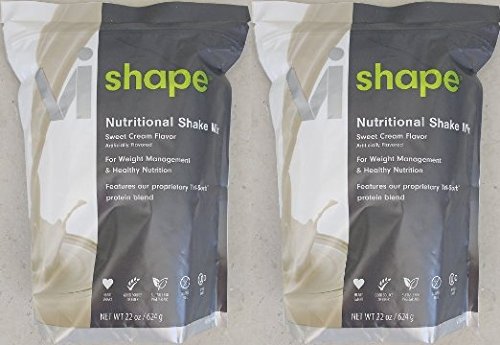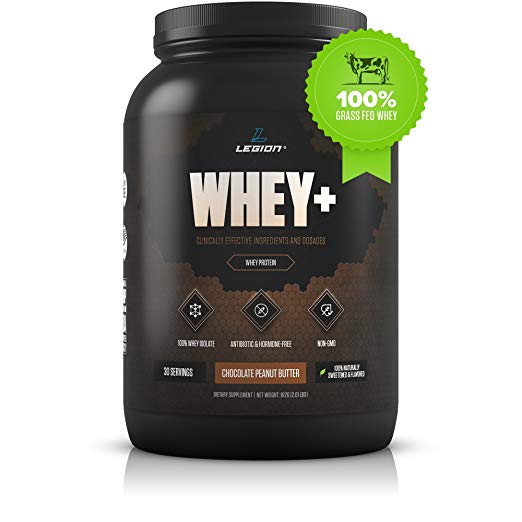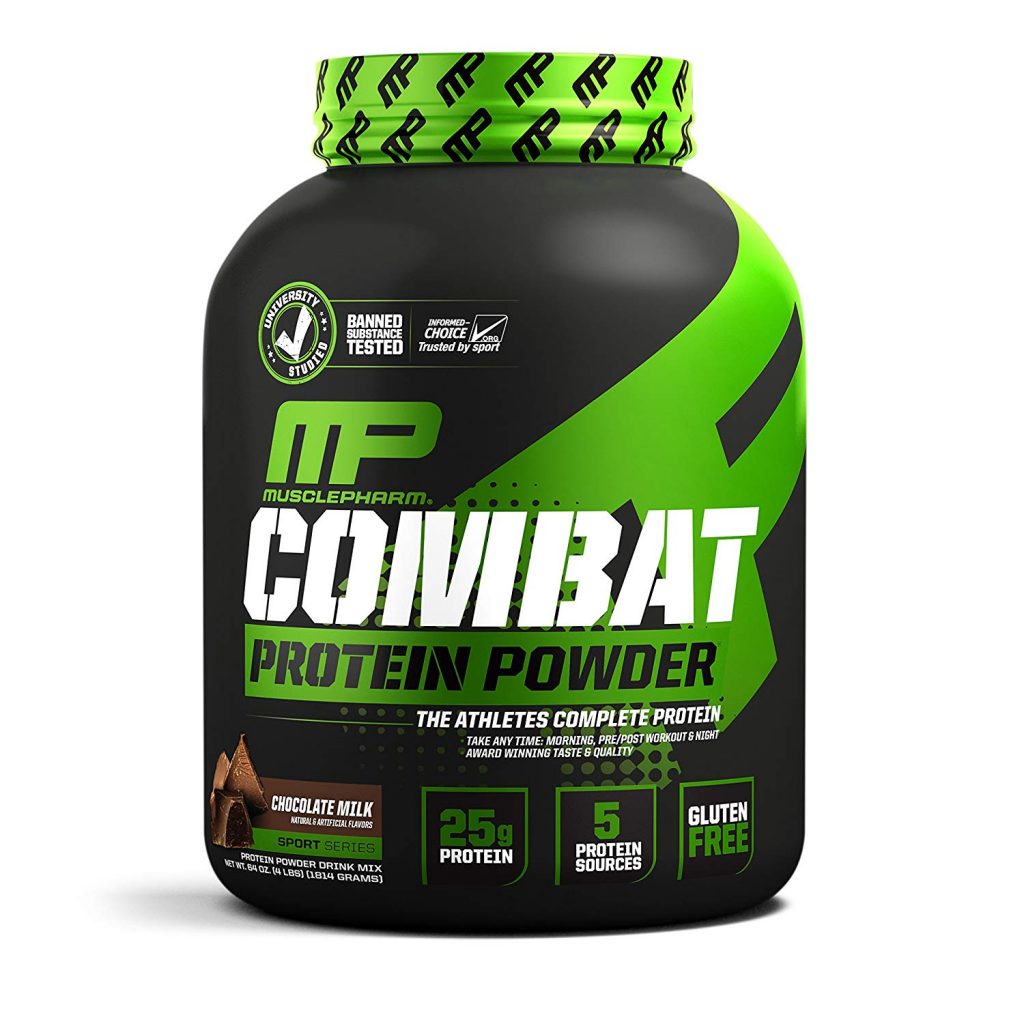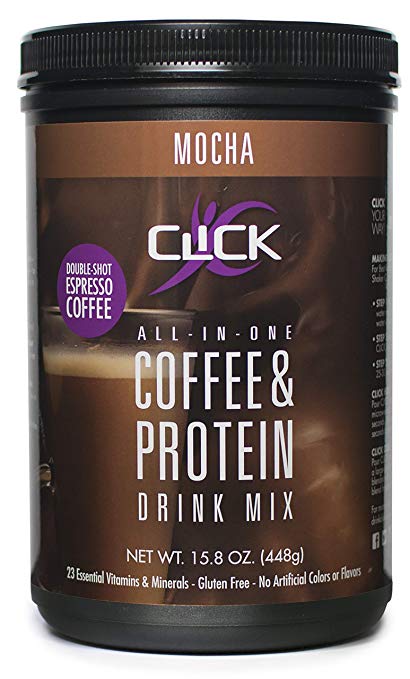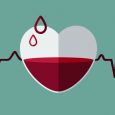Protein keeps the body strong and the heart healthy. But did you know that protein can also help you lose weight? There are many diets out there that promise quick weight loss, but a long-term weight management strategy involves eating a wholesome diet that is high in protein. You may not lose weight as quickly as with fad diets, but over time, you will shed excess pounds, learn to control your hunger and portion sizes and enjoy better weight management.
A diet that is rich in lean protein improves heart health by reducing blood pressure and high cholesterol levels. Swapping out some carbohydrates for protein lowers the risk of cardiovascular disease, boosts energy and can even bulk up muscles, which is great if you’re looking to tone your body.
For now, let’s talk about how protein works to shred excess pounds – for good.
The Power of Protein
Protein is found in animal and plant-based products such as beef, poultry, fish, eggs, cheese, soy, tofu and beans. But before you get your hands on all things protein related, it’s important to know that there are different types of proteins, and some are better for you than others.
– Lean Proteins: 30-40 calories per ounce, less than 5 grams of fat per ounce
– Medium-fat Proteins: 45-55 calories per ounce, 5 grams of fat per ounce
– High-fat Proteins: 80-100 calories per ounce, 8 grams of fat per ounce
When trying to lose weight, it’s best to pick lean proteins that contain less fat and calories. Eating medium- and high-fat proteins means that you’re getting more fat and calories as well as an increased amount of saturated fats. Too much of this fat will affect your weight loss plan negatively, causing inflammation and resulting in belly fat. Bottom line: To lose weight, stick to lean proteins.
How Do Lean Proteins Work Against Fat?
Fights Hunger
Perhaps the greatest advantage that protein has in keeping the body trim is that it fights hunger. Carbohydrates are digested by the body much quicker, so they leave you feeling hungry a short time after. Protein, on the other hand, is digested much slower and leaves you feeling fuller for longer. This helps cut down on the empty calories that come from snacking as well as controls portion sizes during meal times.
One misconception that people have is that they think they can eat all the protein in the world and see results. Portion control is still important, so don’t stuff yourself with high protein foods and expect your weight drop. The goal is to build your meals around a source of protein, such as a lean piece of chicken, a bowl of barley soup or pasta with tofu.
Boosts the Metabolism
A second way that protein helps lower weight is by speeding up the metabolism. What happens is that protein causes a thermic effect in the body, which basically means that the body needs to use more calories to break down, digest and metabolize the food. Since the body is burning extra calories, it speeds up the metabolism. Metabolism is important in weight loss, but many people are misinformed about this topic. If you starve yourself, you’ll end up losing weight because you’re actually losing muscle mass. With less muscle mass, your metabolism will slow, so anything you eat will be stored and metabolized slower.
The Best Proteins to Add to Your Diet
The best proteins to eat are those that are not high in calories, fat or carbohydrates. The protein should also be easily digestible and contain a good balance of essential amino acids. Fish, poultry, lean meats, eggs and low-fat dairy products are ideal proteins to add to your diet. They stimulate muscle protein synthesis and reduce muscle protein loss. Beans, nuts and grains do provide some of this protein, but you don’t need as much because the protein contained in them is lower quality.
Protein isn’t everything, so be sure to complement your diet with fresh vegetables, fresh fruits, low-fat dairy products and whole grains.


